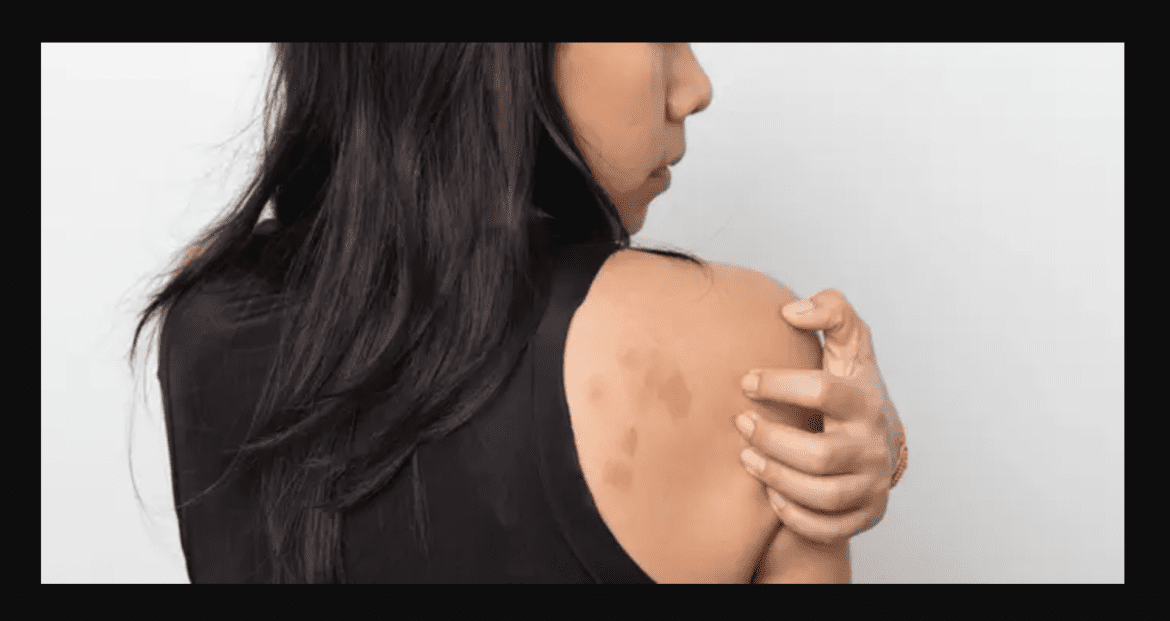3 Women With Eczema Describe the Ways They Combat Nighttime Flare-Ups
But that rest can be hard to come by when you’re dealing with symptoms like “itching, flaky skin, raised red rashes, cuts, and skin tightness,” as described by Elise Loubatieres, a London-based editor and beauty influencer. For many, eczema tends to be itchiest at night, often because there wasn’t enough time for self-care earlier in the day. Natalie Findley, a holistic chef from Whistler, British Columbia, has faced similar challenges. “Nighttime flare-ups were a sign that something wasn’t right,” she explains. “Missing out on sleep wasn’t doing me any good.”
Managing eczema flare-ups requires some trial and error to discover what works best for you, but it’s also helpful to get advice from those who understand what you’re going through. Here, three women who have been in your shoes share their tips on how to prepare for bed, get as comfortable as possible, manage symptoms, and reset your emotions in the morning.
For Findley, consistency is key when preparing for bed. “I try to keep my routine the same every night,” she says. She starts by setting “an intention to sleep better.” From there, Findley follows a routine that includes cleansing and moisturizing her skin, drinking herbal tea, journaling, reading, expressing gratitude, and aiming to be in bed by 10 p.m.
Johnston, who also takes a step-by-step approach, prioritizes comfort in her bedtime routine. “If my skin is particularly flared, I start by taking a lukewarm bath to soothe it,” she says. “Then, I apply an emollient-based product to lock in moisture, ensuring it’s slowly absorbed throughout the night. I wear lightweight satin nightwear to keep cool. When preparing my bed, I prefer a silk pillow, as it’s gentler on my facial eczema and doesn’t absorb the products I apply like cotton would.”
Loubatieres is diligent about prepping her skin and taking medication to prevent symptoms from worsening later. “I’ve been prescribed antihistamines to help with the itching,” she explains. “I also make sure to apply emollients liberally and frequently in the hour leading up to bedtime.”
For Findley, the type of bedding fabric is less important than how it’s washed. “I don’t use any specific sheets to relieve my eczema, but I do use natural and clean laundry detergents,” she says. “Many regular products claim to be clean but actually contain harmful chemicals and ingredients that can aggravate eczema and overall health. I use hypoallergenic, fragrance-free detergents—my favorite is Tru Earth.” Her go-to for nighttime relief is also natural and gentle: “If I need some relief, I always use a salve made from calendula and comfrey, with some shea butter, to calm the itchiness and dry skin.”
Johnston has a unique tip for managing one of eczema’s side effects—getting a manicure. “I’ve found that having acrylic gel manicures helps,” she shares. “It thickens your nails, so they don’t break the skin when you scratch at night. This has been a huge help in healing my eczema.”
Loubatieres is mindful that overheating can trigger eczema flare-ups, so she takes proactive measures to stay cool. “I use a stand-alone fan and a handheld fan to target itchy areas for some relief,” she explains. “I make sure my sheets and sleepwear are 100% cotton or silk to minimize irritation. Additionally, I use eczema gloves and Cosi Care tools, which allow me to scratch safely without damaging my skin.”
When Findley starts feeling itchy, she turns to simple breathing exercises to calm herself. “I close my eyes, breathe in slowly while counting to five, hold for two seconds, then breathe out slowly while counting to seven,” she explains. “Sometimes, I just breathe in deeply until my chest and belly are full of air, hold for a few seconds, and then exhale slowly. I repeat this several times until I feel relaxed. I also imagine myself sinking into my pillow as I breathe out, which helps relax my muscles and eventually puts me to sleep.”
Johnston tries to take naps during the day whenever possible. This way, if she experiences a nighttime flare-up, she’s not completely drained the next day. The extra rest also helps to keep her stress levels down, which she believes reduces the likelihood of flare-ups.
For Loubatieres, the key is resisting the urge to scratch. “At night, I sometimes experience what I call ‘scratch attacks,’ where I uncontrollably scratch despite breaking the skin and causing pain,” she shares. “It feels satisfying in the moment and temporarily relieves that deep itch, but I try to get up and distract myself. If I stay in bed without doing anything, I’m more likely to give in to scratching.” Finding a hobby—like drawing, knitting, or playing guitar—can be a helpful distraction during a flare-up until you feel sleepy enough to drift off.
Whatever methods you choose, Loubatieres stresses the need for self-compassion. “After a scratch attack, I often feel a lot of guilt,” she admits. “I think I’ve done significant harm to my skin. But I have to remind myself that it’s a condition beyond my control, and skin does eventually heal.” Her top advice for a restful night: “Don’t be too hard on yourself.”



